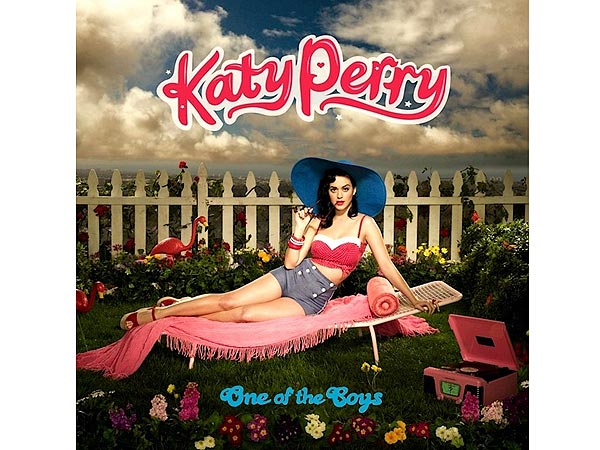The House of Commons voted 400 to 175 for the measure after its second reading, a stage in the parliamentary process that gives approval in principle to legislation before it goes forward for detailed scrutiny. If enacted as expected later this year, the bill will add Britain to a growing list of nations that have passed laws approving same-sex marriage: 13, including seven in Europe, according to a tally in The Guardian newspaper on Tuesday that included the United States, where deep political divisions over the issue have limited same-sex marriage laws to a small group of states.
Many of the opponents were Conservatives. The resurgent Labour Party, which is riding high in the polls, is strongly in favor of same-sex marriages, as is the third major party in British politics, the Liberal Democrats.
Although Mr. Cameron played the role of protagonist for the bill before British lawmakers, and risked adding momentum to a restiveness about his leadership among right-wing Conservative backbenchers, he was not among the 70 or so members of the House of Commons who spoke in the debate on Tuesday.
But he addressed reporters at 10 Downing Street, where he had been holding talks with Vice President Joseph R. Biden Jr.
“Today is an important day,” he said, before heading for the Commons to cast his vote. “I am a strong believer in marriage. It helps people commit to each other, and I think it is right that gay people should be able to get married too.”
“Yes, this is about equality,” he added. “But it is also about making our society stronger. I know there are strong views on both side of the argument; I accept that. But I think this is an important step forward for our country.”
A day after the newly confirmed archbishop of Canterbury, Justin Welby, took office saying that he shared the Church of England’s opposition to marriage between people of the same gender, three cabinet officials said in a letter published in The Daily Telegraph that the new legislation was “the right thing to do at the right time.”
“Marriage has evolved over time,” the letter said. “We believe that opening it up to same-sex couples will strengthen, not weaken, the institution.”
It continued: “Attitudes toward gay people have changed. A substantial majority of the public now favor allowing same-sex couples to marry, and support has increased rapidly.”
The three ministers — George Osborne, the chancellor of the Exchequer, Foreign Secretary William Hague and Home Secretary Theresa May — also asked whether it was “any longer acceptable to exclude people from marriage simply because they love someone of the same sex.”
The debate divided Britain’s Conservatives, who lead in uneasy coalition with the Liberal Democrats.
Opponents of the legislation argued that it would alienate traditional Conservative voters, jeopardizing Mr. Cameron’s prospects in the 2015 national election. But supporters said it would bring in new backing from outside the party, and Mr. Cameron’s support of it is part of his effort to position the party for the general election.
Archbishop Welby, 57, was confirmed Monday to replace the Most Rev. Rowan Williams, who has retired after 10 years in office.
The new archbishop, the spiritual head of the world’s 77 million Anglicans, endorsed the traditional view that while the Church of England has no objection to civil partnerships between people of the same gender, it is, as a recent church statement put it, “committed to the traditional understanding of the institution of marriage as being between one man and one woman.”
Ed Miliband, the leader of the opposition Labour Party, said Monday that he would be “voting for equal marriage in the House of Commons, and I’ll be doing so proudly.” He also said he would urge his 255 legislators in the 649-member body to vote with him, although a small group will probably not.
“I’ll be voting for equal marriage for a very simple reason: I don’t think that the person you love should determine the rights you have,” Mr. Miliband said Monday.
The legislation, which applies to England and Wales, would permit civil marriage between same-sex couples, but specifically exempt the Church of England and other faiths from an obligation to perform such ceremonies. Some faith groups, including the Quakers, have said they want the legal right to perform same-sex marriages.
In their letter, Mr. Osborne, Mr. Hague and Ms. May said: “Our party also has a strong belief in religious freedom, a vital element of a free society. The bill ensures that no faith group will be forced to conduct same-sex marriages. The legal advice is clear that these protections for religious groups cannot be overturned by the courts.”
It said: “Religious freedom works both ways. Why should faith groups, such as the Quakers, that wish to conduct gay marriages be forbidden from doing so? This bill will enhance religious freedom, not restrict it.”











